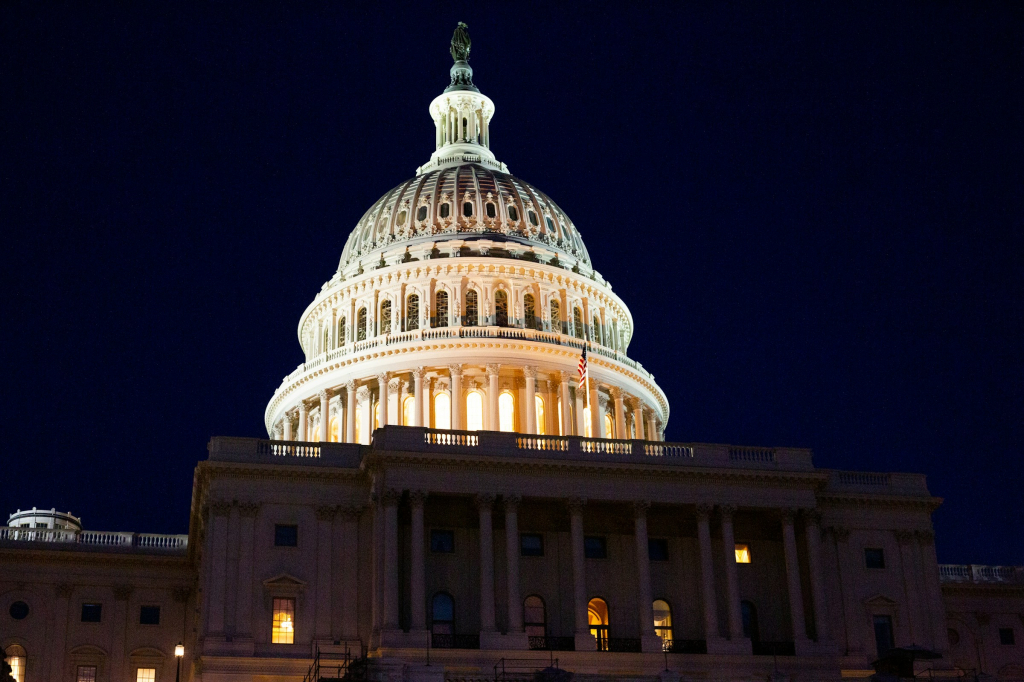U.S. GENIUS Act Redefines Stablecoins, Bans Yield, Reshapes DeFi Landscape

U.S. Congress Set to Approve Landmark GENIUS Act for Crypto Regulation
Regulatory Clarity for Stablecoins
The U.S. Congress is on the verge of enacting the GENIUS Act, which could represent a significant shift in cryptocurrency legislation for the coming decade. This proposed law aims to establish clear regulations for fiat-backed stablecoins, allowing certain payment-oriented tokens to gain legal recognition, provided they adhere to stringent criteria such as being fully backed by cash and short-term Treasury securities, undergoing GAAP audits, and maintaining separate reserves. However, it is estimated that only around 15% of existing stablecoins would meet these standards.
Restrictions on Interest-Bearing Stablecoins
A key feature of the GENIUS Act is the prohibition of interest-bearing stablecoins, which creates a distinct separation between payment mechanisms and yield-generating financial products. Decentralized finance (DeFi) platforms that provide yield through stablecoins—whether directly or through alternative savings-like services—would not comply with this new legislation. This move is designed to safeguard traditional banking institutions from potential capital outflows by preventing passive income generation from digital currencies, thereby maintaining the integrity of U.S. credit markets.
Implications for the Financial System
The shift in regulation carries significant ramifications. Stablecoins that comply with the new rules must be supported by short-term U.S. Treasury bonds, which will further intertwine DeFi liquidity with the American financial system. While this could lead to greater stability under normal circumstances, it also raises concerns about systemic risks; sudden changes in interest rates could lead to abrupt liquidity shortages as capital flows reverse.
Opportunities for DeFi Evolution
Despite these challenges, some industry experts view the GENIUS Act as a step forward. The absence of built-in yield will compel DeFi projects to innovate by developing transparent, externally sourced revenue streams through methods like arbitrage and carefully managed liquidity pools. Adhering to compliance standards could provide a competitive advantage, attracting institutional investment for platforms that implement robust anti-money laundering (AML) measures, whitelisting processes, and thorough auditing.
A New Era for Decentralized Finance
The GENIUS Act does not signify the end of decentralized finance; rather, it dispels the notion of effortless and opaque yield generation. By enforcing these regulations, the legislation may accelerate the maturation of the DeFi sector, necessitating the establishment of genuine risk management frameworks and sustainable revenue models. In the long run, this law could serve as a crucial milestone in the integration of decentralized finance with traditional financial markets, all within a legal framework.







